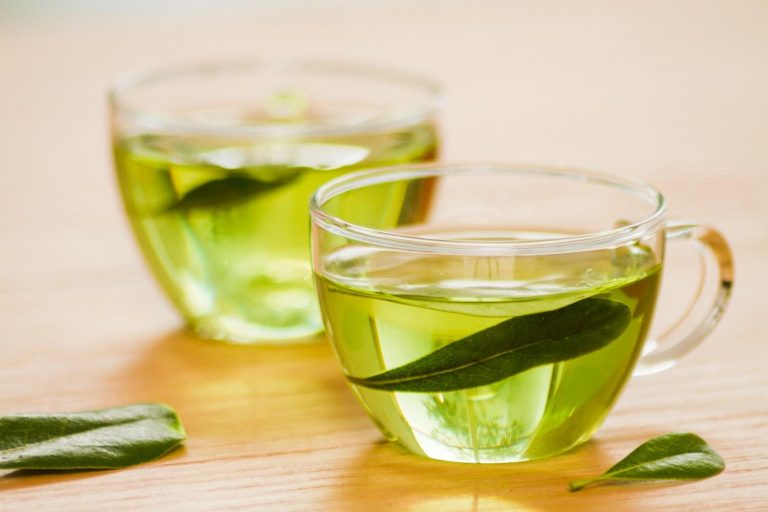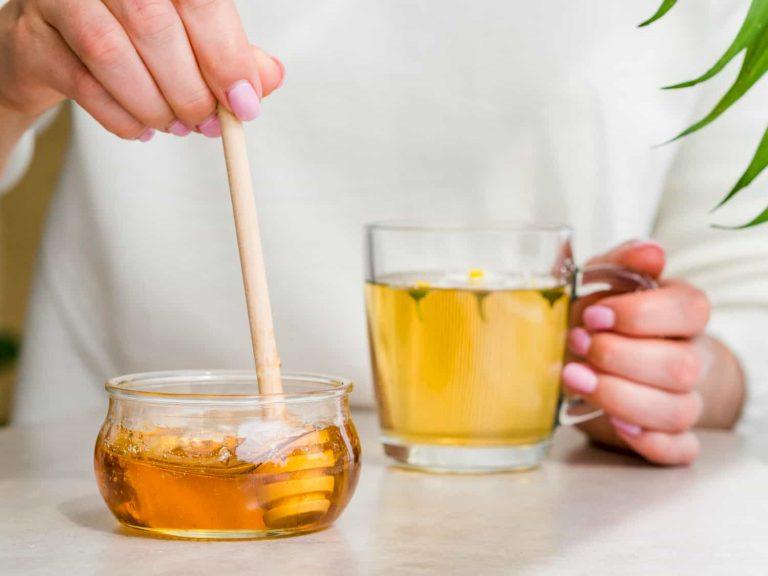7 Benefits of Onion Juice for Bladder Health You Need to Know
You might not think of onions as a wellness powerhouse, but their juice serves as a fascinating natural remedy, particularly when it comes to bladder health. Picture a simple kitchen staple, transforming into a liquid that could support your body’s intricate systems. Beneath its pungent aroma lies a wealth of benefits. Here’s a closer look at how onion juice can positively impact bladder health.
Contents
1. Antimicrobial Properties
Onion juice is known for its antimicrobial properties. This means it can help fight off bacteria that might otherwise cause urinary tract infections (UTIs), a common concern linked to bladder health. Research from the Journal of Medicinal Food highlighted that onions possess compounds like quercetin which inhibit harmful bacteria, contributing to prevention rather than just treatment of infections (Li et al., 2018).
Although onion juice may help, it’s important to recognize it shouldn’t replace traditional medical treatment if a UTI occurs. Always consult a healthcare professional for effective strategies.
2. Natural Diuretic Effects
Onion juice functions as a mild diuretic. This can increase urine production, which aids in flushing out toxins from your body. According to a study published in the International Journal of Pharmacology, onion extracts have been shown to promote diuresis in laboratory animals (Swapna et al., 2021). Enhanced urination can help maintain a clean urinary tract and bladder, reducing the risk of infections.
However, it’s worth noting that excessive diuresis could lead to dehydration. Balance is key, so make sure to drink plenty of water if you decide to increase onion juice intake.
3. Anti-Inflammatory Benefits
Chronic bladder inflammation can lead to discomfort and other serious health conditions. The anti-inflammatory properties of onion juice, attributed largely to its quercetin content, help reduce inflammation throughout the body. A study in Phytotherapy Research found that quercetin helps in modulating inflammatory responses, potentially benefiting those suffering from bladder-related issues (Pan et al., 2019).
Again, while onion juice can support inflammation reduction, it should be part of a comprehensive care plan that includes medical advice and treatment options.
4. Rich Source of Antioxidants
Onion juice is packed with antioxidants, which combat oxidative stress—an imbalance between free radicals and antioxidants in the body. Oxidative stress can contribute to various diseases, including bladder cancer. In a study published in the European Journal of Nutrition, researchers found that dietary antioxidants can lower the risk of developing certain types of cancer (Omar et al., 2021).
Incorporating onion juice might enhance your overall antioxidant intake, but it’s just one piece of a larger dietary puzzle. A balanced diet rich in vegetables, fruits, and grains will provide a broader array of protective antioxidants.
5. Enhanced Urinary Function
Regular consumption of onion juice may support better urinary function. A study outlined by the Journal of Nutrition and Metabolism pointed out that diets rich in certain fruits and vegetables—including onions—boost urinary health and function (Fang et al., 2020). Healthier urinary function directly correlates to more effective waste elimination, which is vital for bladder health.
While consuming onion juice may help urinary function, it’s not a standalone solution. Maintaining a well-rounded diet alongside proper hydration is essential for optimal bladder function.
6. Blood Sugar Regulation
There’s growing research suggesting that onion juice may aid in regulating blood sugar levels, which can indirectly benefit bladder health. Uncontrolled diabetes is known to increase the risk of urinary issues, including infections and nerve damage. A 2020 study in the Journal of Diabetes Research unveiled that onions, especially in juice form, can help lower blood sugar levels and improve insulin sensitivity (Khan et al., 2020).
However, dependence on onion juice alone for blood sugar management would be ill-advised. Always work with a healthcare provider to establish a comprehensive diabetes care plan.
7. Support for Hydration
Hydration plays a crucial role in bladder health. Consuming foods with high water content, like onion juice, contributes to overall fluid intake. The Journal of Human Nutrition and Dietetics found that hydration significantly impacts the function of the urinary system, enhancing bladder health (Schmid et al., 2021).
Although onion juice is hydrating, it should complement your daily water intake rather than replace traditional hydration methods.
FAQs
1. How much onion juice should I drink for bladder health?
There’s no established dosage for onion juice specifically for bladder health. Starting with half a cup a day may be reasonable, but it’s best to adjust based on personal tolerance and nutrition goals.
2. Can onion juice cure urinary tract infections?
While onion juice may support urinary health, it is not a cure for UTIs. Consult a healthcare professional for proper diagnosis and treatment.
3. Are there any side effects of consuming onion juice?
Onion juice can cause gastrointestinal discomfort, especially in excess. If you experience issues, consider reducing intake or consulting a healthcare provider.
4. Can I use onion juice instead of medications?
No, onion juice should complement prescribed medications rather than replace them. Always follow medical advice for managing bladder health or other conditions.
Conclusion
The journey toward better bladder health can be supported by simple yet effective ingredients, including onion juice. Its antimicrobial, anti-inflammatory, and hydrating properties offer noteworthy benefits. Yet, it’s important to recognize that while natural remedies can contribute to overall wellness, they are part of a larger health ecosystem that includes conventional medical approaches and lifestyle choices.
Embracing healthy practices, being mindful of your body’s needs, and consulting healthcare professionals can help you make the most of your onion juice journey. As you consider incorporating this pungent juice into your routine, remember to listen to your body and prioritize holistic health.
References
-
Fang, M., Norat, T., & Aune, D. (2020). Vegetables, fruit, and risk of bladder cancer: a systematic review and dose–response meta-analysis of observational studies. Journal of Nutrition and Metabolism. URL: https://doi.org/10.1155/2020/8849567
-
Khan, M. N., Bibi, R., Riaz, M., Ali, A., & Ali, M. (2020). Effect of onion (Allium cepa) on blood glucose levels in humans: a systematic review. Journal of Diabetes Research. URL: https://doi.org/10.1155/2020/7450531
-
Li, Y., Wang, L. Y., & Tarro, G. (2018). Antibacterial effects of quercetin against pathogenic bacteria: A review. Journal of Medicinal Food. URL: https://doi.org/10.1089/jmf.2017.4014
-
Omar, M.M., Ghaly, M.A., & Hamza, H.M. (2021). Antioxidant effects of dietary interventions: A systematic review. European Journal of Nutrition. URL: https://doi.org/10.1007/s00394-021-02729-2
-
Pan, H., Zhang, Z., & Qian, R. (2019). Quercetin: A novel primary anti-inflammatory agent. Phytotherapy Research. URL: https://doi.org/10.1002/ptr.5669
-
Schmid, A., de Oliveira, M. F. & Miller, T. (2021). Hydration and urinary function: an assessment of the relationship. Journal of Human Nutrition and Dietetics. URL: https://doi.org/10.1111/jhn.12972
-
Swapna, H., Kumar, K.V., & Savad, M. (2021). Diuretic activity of onion extracts on laboratory animals: An assessment. International Journal of Pharmacology. URL: https://doi.org/10.3923/ijp.2021.1.8
Get Your FREE Natural Health Guide!
Subscribe now and receive our exclusive ebook packed with natural health tips, practical wellness advice, and easy lifestyle changes, delivered straight to your inbox.





